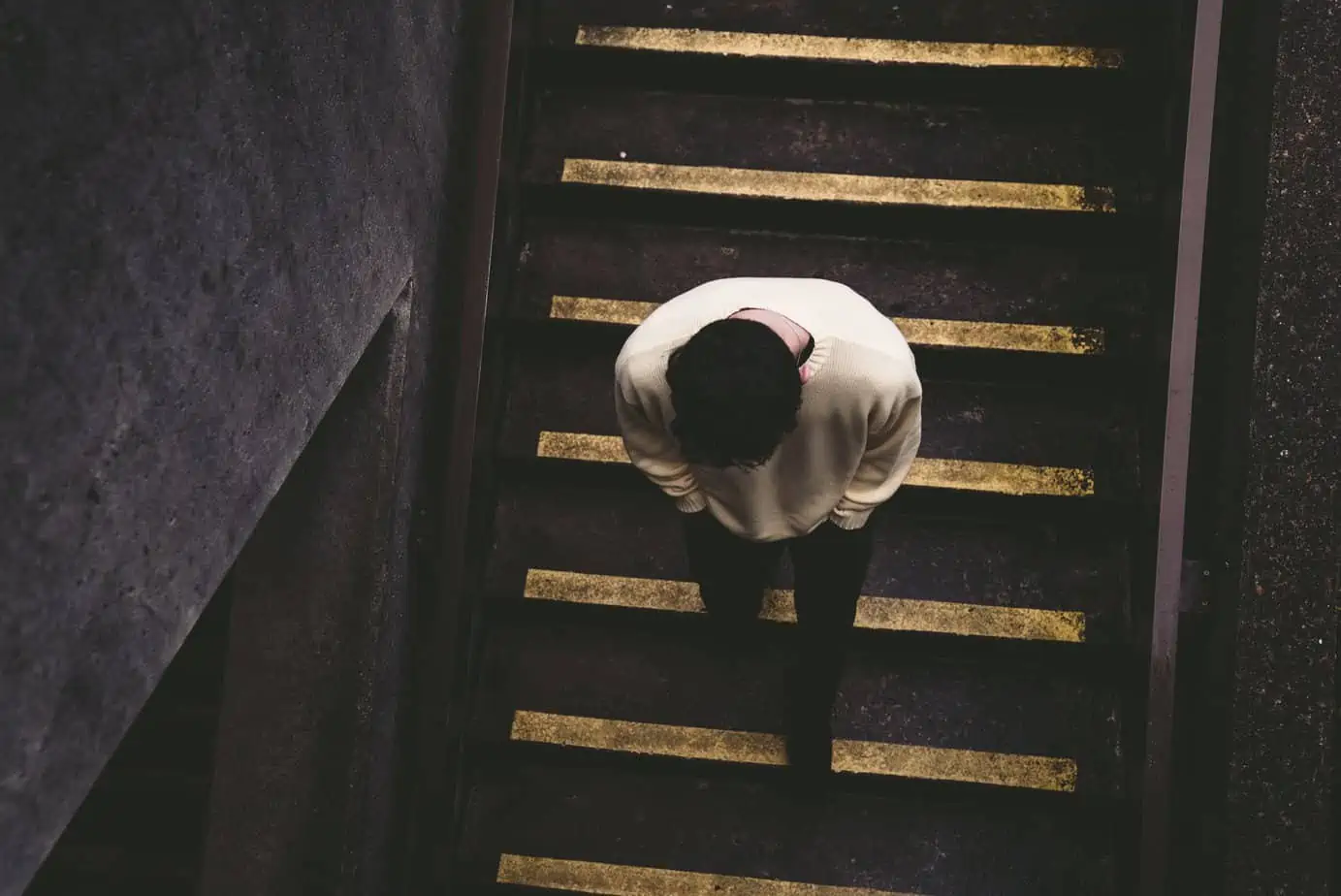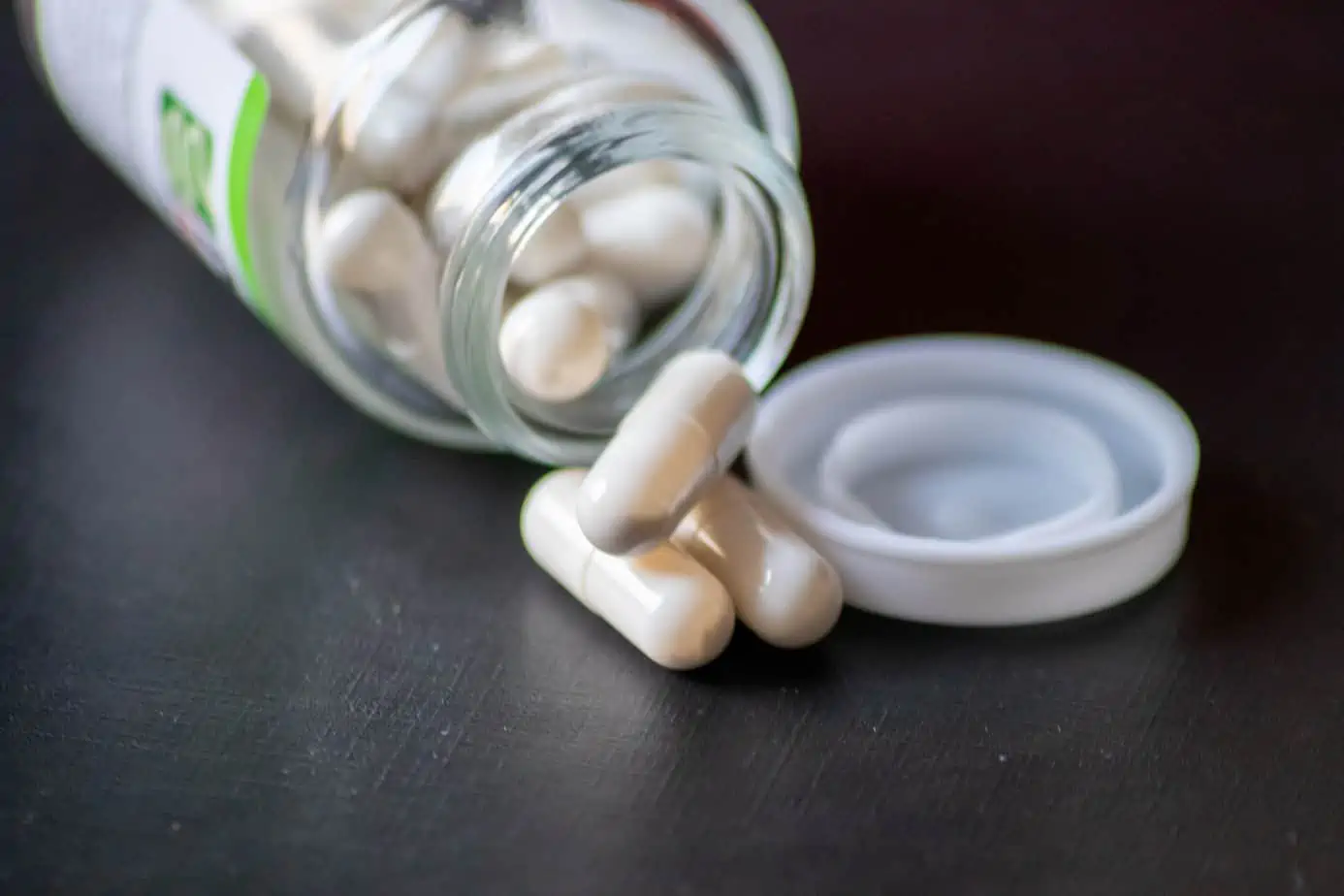Who do you picture when you hear the words “heroin addict?” Is it someone who is dirty, unemployed, and living on the streets? A criminal? Someone who has given up on life? If so, you’re not alone. There are countless negative stereotypes of what a heroin user looks like. And because of them, it can often be difficult to recognize when someone close to us is struggling. But if we have learned anything from the opioid epidemic, it’s that addiction does not discriminate.
Why Do People Use Heroin?
Users experience a “rush,” with similar sensations to the highs of marijuana and morphine. Heroin affects the brain by blocking out pain and creating a pleasurable, euphoric feeling. This high can quickly become addictive, with an average of 880,000 Americans using heroin in 2018. In the same year, 117,000 teens and adults used heroin for the first time. People return to heroin, taking larger and larger quantities as time goes on, fighting with their building tolerance.
When prescriptions for opioids began to sharply rise in the 90s, nonmedical use rose with it. The rise of heroin use coincides with the growing misuse of prescription pain killers, with first-time use spiking among young adults ages 18 to 25. Heroin is commonly abused by young athletes with injuries, people with chronic pain conditions, and those who cannot afford or obtain other drugs, thus turning to the cheaper street drug: heroin. Sadly, this uptick in heroin use has led to an increased number of overdose deaths over the past two decades.
You likely never imagined that someone you love would use heroin, let alone develop an addiction to it. But as powerful opioids continue to claim lives around the country, you can’t just turn a blind eye if you suspect that your loved one is using them.
Signs of Heroin Use
The euphoric effects of heroin are felt immediately after using, and so are some other side effects. Someone who has recently used is likely to display the following symptoms:
- Periods of intense alertness
- Small pupils
- Warm, flushed skin
- Dry mouth
- Shortness of breath
As their body slows down from the initial effects of the heroin, they will become less alert. Common symptoms include:
- Nausea
- Vomiting
- Brain fog
- Respiratory depression
- Drowsiness
- Slowed breathing
- Decreased heart rate
- Lower sex drive
When heroin use has morphed into addiction, the individual will become consumed by the drug and their main focus will become getting their next fix. This causes changes in personality and behavior, including increased secrecy, poor hygiene, isolation, dishonesty, high-risk behavior, impulsiveness, and manipulation. Do not ignore the changes in your loved one’s behavior, as they could be a sign of a serious issue.
Side Effects of Long-Term Heroin Use
Over time, heroin begins to take a toll on the individual’s physical, mental, and emotional health. Side effects of prolonged use include:
- Weight loss
- Extreme itching
- Respiratory infections
- Slow heart rate
- Abscesses
- Hostility
- Extreme depression
- Kidney disease
- Liver disease
- Chronic pneumonia
- Blood clots, stroke, heart attack
- Track marks from needles
- Collapsed veins
Signs of Heroin Withdrawal
As an individual’s tolerance for the drug increases, they will need to use higher quantities of heroin to experience the same high. This causes the body to become increasingly more dependent on the drug, leading to heroin addiction. This makes it incredibly difficult for the individual to abstain from using. Once someone is physically dependent on heroin, they will experience signs of withdrawal if they go a certain period of time without using. For some, withdrawal symptoms can start as early as six hours after their last use. Some signs include:
- Fever
- Insomnia
- Severe muscle aches
- Diarrhea
- Depression
- Nausea and vomiting
Identifying Drug Paraphernalia
Heroin can be injected into the bloodstream, snorted, smoked, or sniffed. While certain items such as syringes and glass pipes are obvious signs of heroin use, other drug paraphernalia can be a lot more inconspicuous. Look out for items such as aluminum foil used for smoking heroin or a straw or rolled up bill used for snorting heroin. While possessing one or two of these items on their own may not mean that your loved one is using heroin, use your best judgment. If something seems off, it most likely is.
What a Heroin Overdose Looks Like
Regardless of how long they’ve been using, it is nearly impossible for individuals to know the potency of the heroin they are consuming or predict how their bodies will react. And with the increased presence of fentanyl—a powerful synthetic opioid—in heroin batches, using is more dangerous than ever. Heroin overdoses are common, and often deadly. Getting immediate medical attention can be the difference between life and death.
These are some common signs of a heroin overdose:
- Delirium
- Clammy skin
- Discolored tongue
- Low blood pressure and weak pulse
- Convulsions
- Intense drowsiness
- Slow and shallow breathing
- Blueish tint to lips, skin, and nails
If you suspect that your loved one is experiencing an overdose, call 911 immediately. If available, administer Narcan, a medication designed to reverse the effects of a heroin overdose, while waiting for emergency personnel to arrive.
How to Use Narcan (Naloxone)
Narcan, also known by its generic name, Naloxone, is a lifesaving medication that helps reverse opioid overdoses. Knowing how to administer this medication can help save a life. In this short video, learn what steps to take in case of an opioid overdose.
How to Help Someone Addicted to Heroin
Heroin is an extremely addictive and dangerous drug. Convincing your loved one to seek treatment can be a challenging endeavor. However, their health and safety is at risk due to cocaine use. If your loved one is resistant to treatment, you can help them discover the full spectrum of care that is available for substance use disorder. By showing your loved one the extent of care that they can receive, not just from others, but from yourself, you will make a big difference in their lives.
If you or a loved one is struggling with addiction, Mountainside can help.
Click here or call (888) 833-4676 to speak with one of our addiction treatment experts.

 By
By 







